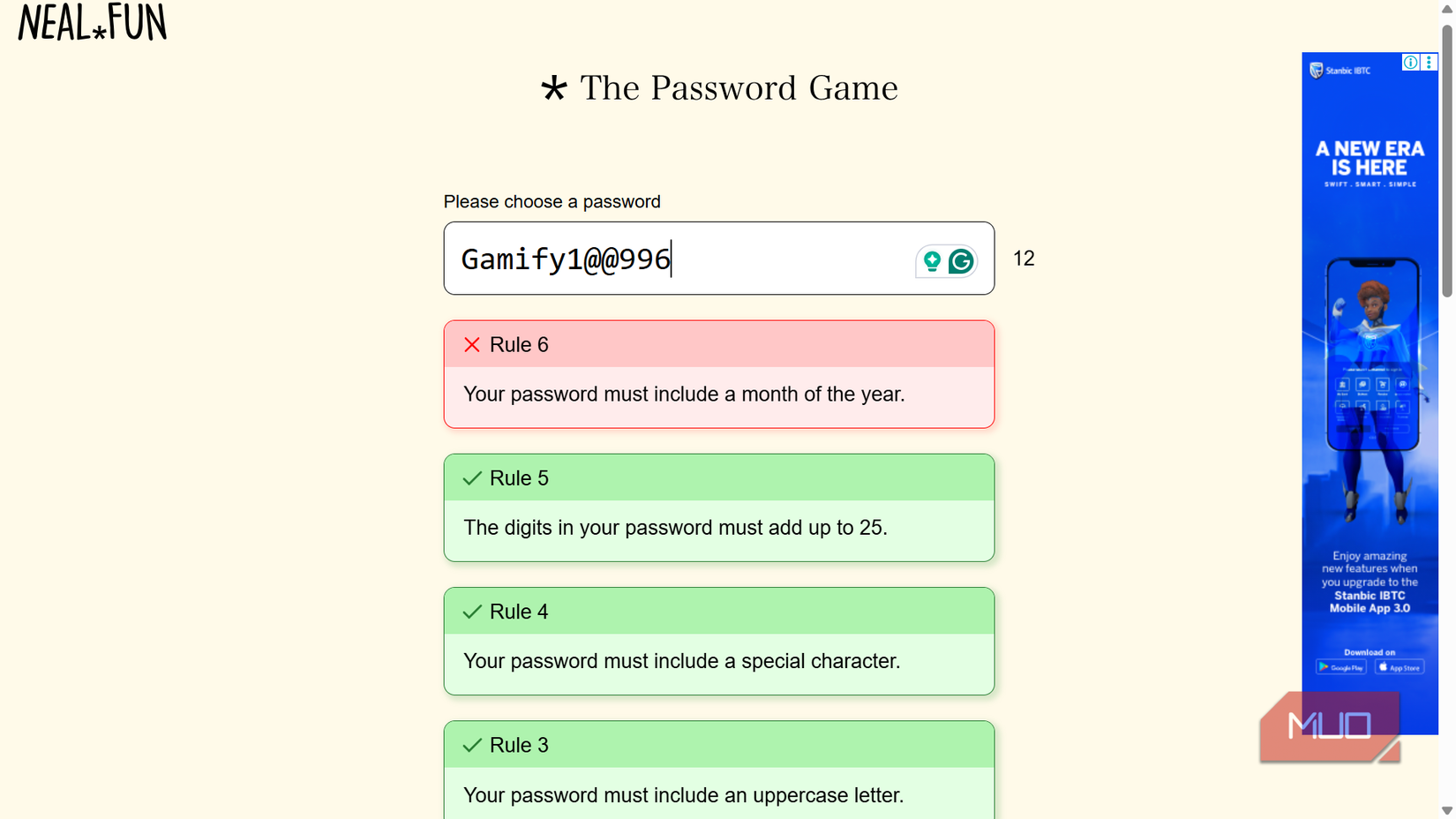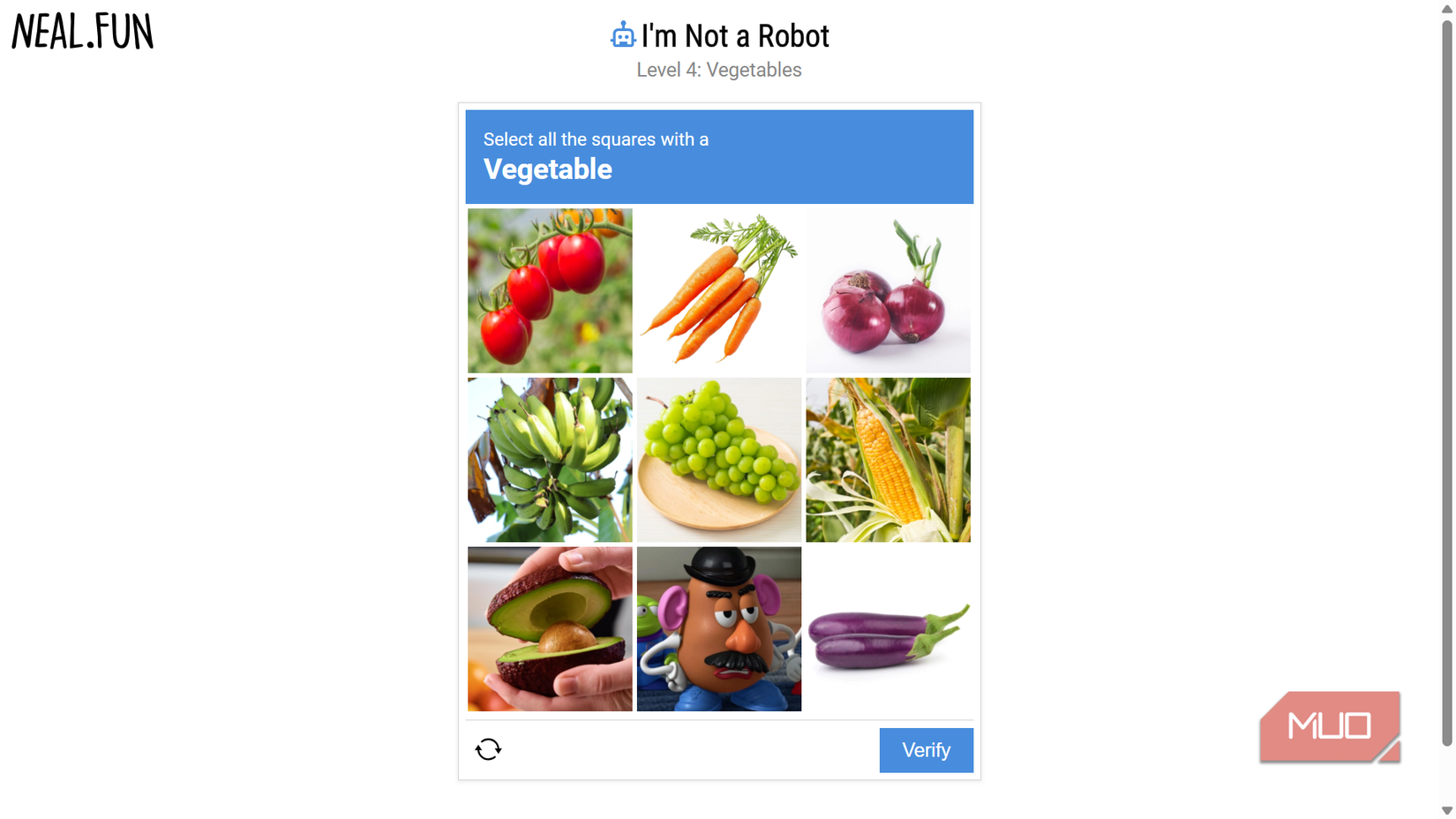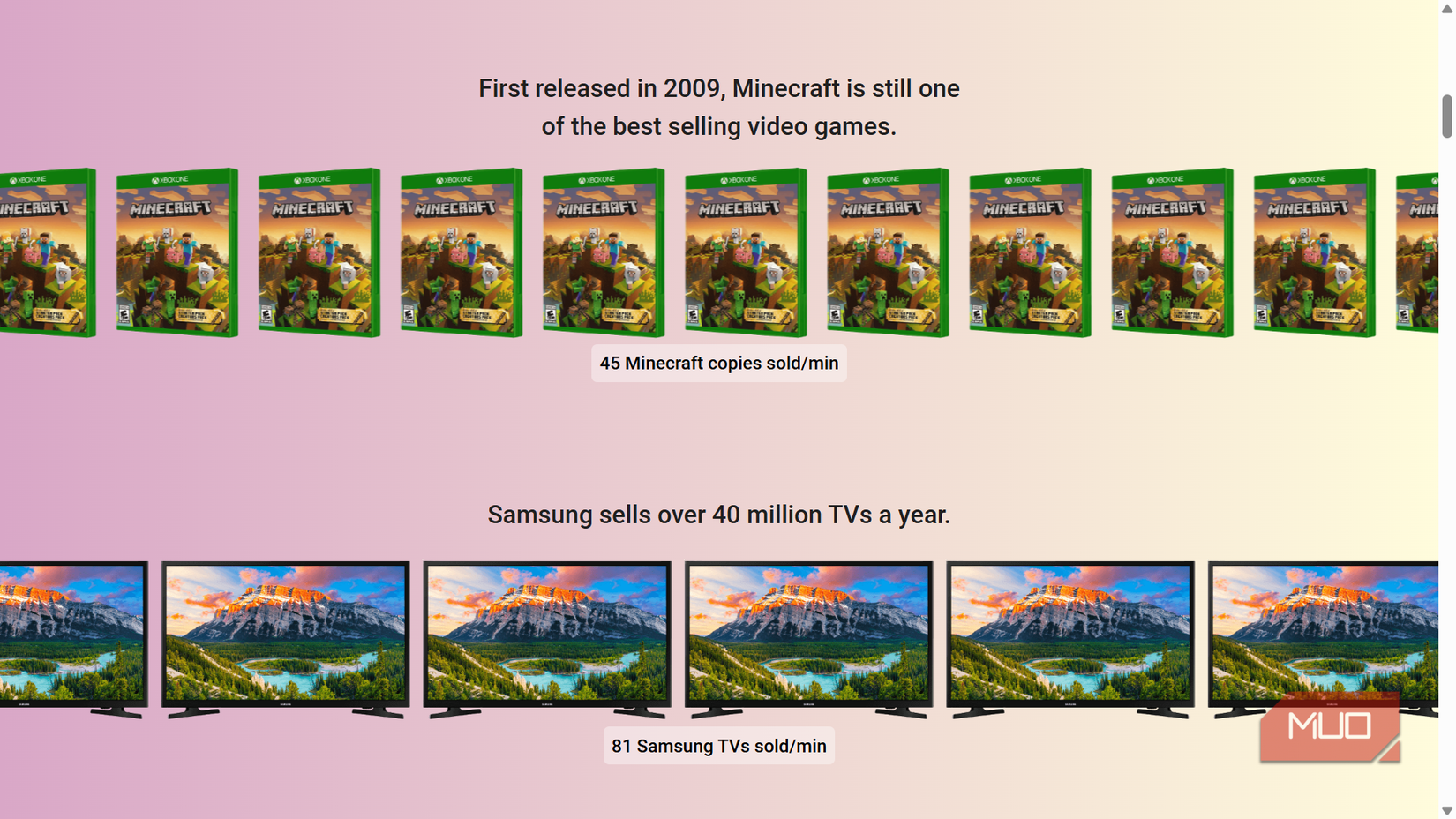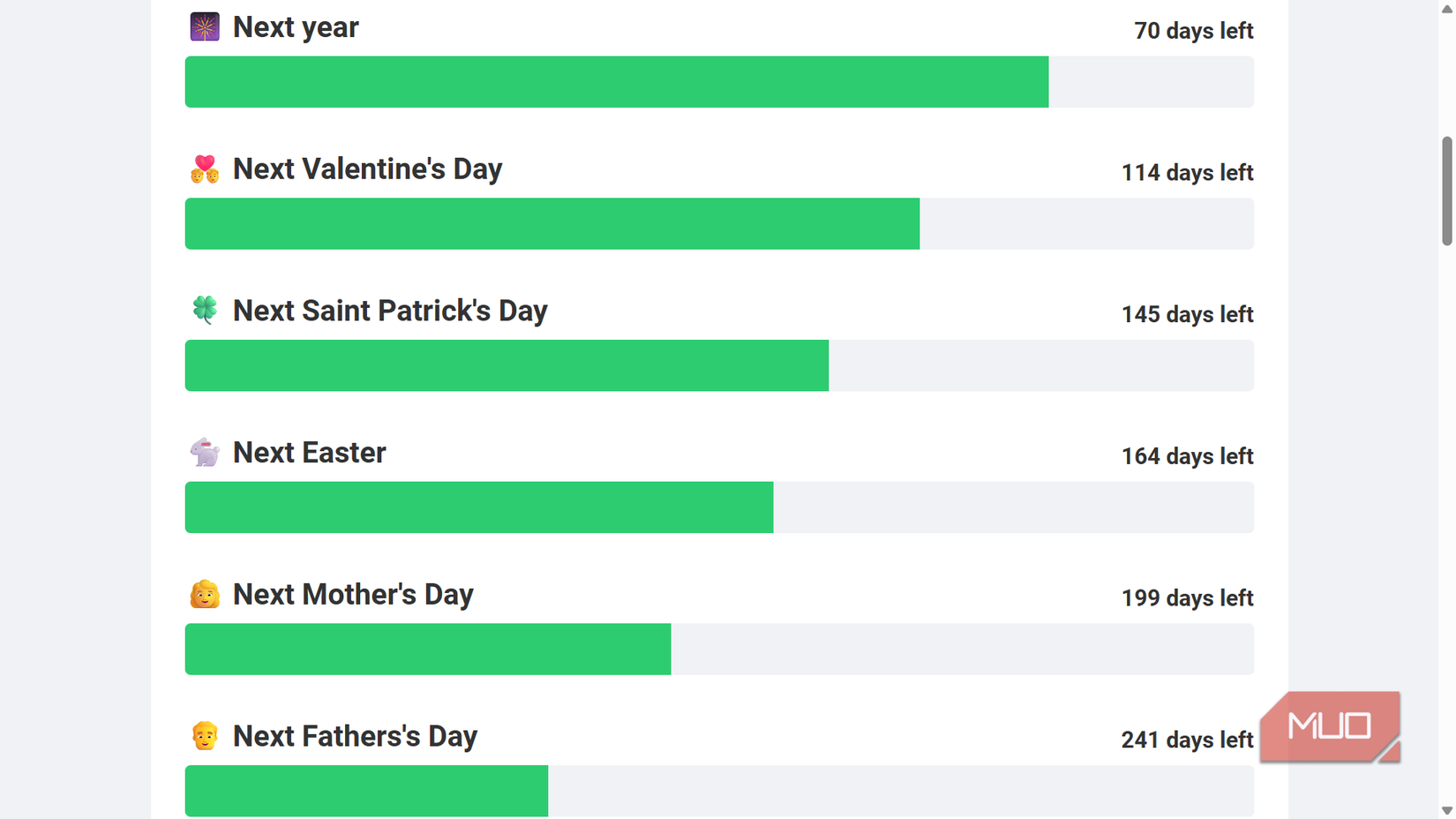There was a time when the internet was full of weird little corners that existed just for the joy of it. Neal.fun feels like a love letter to that era. It’s the brainchild of Neal Agarwal, a creative developer who seems to specialize in turning curiosity into delightful rabbit holes. Believe me, it’s the kind of website that can instantly zap away boredom.
The site is a collection of small, interactive experiments, playful web toys, and minimalist games that pull you in without trying too hard. You just click on whatever looks interesting, and before you know it, you’re completely absorbed. Out of all the experiences tucked into the site, five really stuck with me. They made me think, laugh, and, quite frankly, waste time in the most enjoyable way possible.
The Password Game
A hilarious exercise in frustration
The Password Game starts off looking harmless enough. All you have to do is make a password. Easy, right? Not even close. What begins as a few ordinary rules quickly unravels into complete chaos. I started with something simple, such as a word, a capital letter, or a number. The usual. Then it asked for a month of the year. Then Roman numerals. Then today’s Wordle answer. At one point, a CAPTCHA was even involved.
The genius here is how it mimics the genuine frustration of modern password requirements while cranking the absurdity to eleven. Each new condition stacks on top of the last, forcing you to constantly rewrite your password while trying to satisfy every past rule. It’s infuriating and hilarious, and it makes for a quick web game to play online when you’re bored.
I’m Not a Robot
CAPTCHA as entertainment
We’ve all clicked “I’m not a robot” more times than we can count, but on Neal.fun, that dull security step turns into something fun. It begins with the familiar little checkbox, then slowly unfolds into a set of challenges that grow trickier and sillier the further you go.
At first, it feels routine where you solve a task, press “Verify,” and move on. But after a while, the game starts poking fun at the whole idea of CAPTCHA tests. Are we proving we’re human, or just proving we have the patience of one? After completing several levels, I found myself questioning whether I was having fun or just conditioned to solve these puzzles. Either way, I couldn’t stop.
Sell! Sell! Sell!
Perspective on consumer culture
With “Sell! Sell! Sell!” I switched gears from puzzles to visualization. This page shows you numbers—lots of numbers—of how many units of certain popular products are sold per minute, per second, per year. For example, it states that 81 Samsung TVs are sold per minute, 114 AirPods per minute, and 222 Amazon packages are delivered per second. The figures aren’t independently verified, so you can take them with a grain of salt.
The visualization uses simple graphics to represent the sheer scale of global consumption. The site doesn’t editorialize; it just presents the data and lets you sit with it. The longer I stared, the more I started thinking about the factories behind those numbers, the shipping containers, the raw materials, the whole invisible machine that makes our everyday shopping possible.
The Deep Sea
An expedition into the abyss
The Deep Sea might just be the most captivating part of the entire site (at least for me). It begins calmly at the ocean’s surface, all soft blues and teals, where you’ll see (un)familiar faces like Atlantic Cod, Spiny Dogfish, and Mahi-Mahi drifting by. Then you start scrolling. And scrolling. And scrolling some more. By the time you spot a Beluga Whale at 83 meters, it hits you that you’ve barely even started the descent. The light fades as you go deeper, and the creatures become stranger, almost otherworldly.
The layout is simple, almost meditative. It’s just a long scroll with small images, neat captions, and depth markers that pull you further in. It left me thinking about how deep the ocean really is and how much is hidden from everyday awareness.
Progress
Time as a visual experience
Progress takes the idea of time and turns it into something you can actually see. The page is filled with progress bars for everything from “Next minute” (which had 24 seconds left when I looked) to “Next millennium” (a mere 975 years to go). Each one moves in real time, quietly reminding you that time isn’t just passing but slipping away right now.
Seeing “Next year” at 70 days left, with a nearly complete progress bar, felt different from checking a calendar. The inclusion of events like “Halley’s Comet returns” (35 years left) and “Voyager 1 reaches the Oort Cloud” (285 years left) adds cosmic perspective. It’s such a simple interface with only progress bars and numbers. Yet, it somehow makes the flow of time feel visible and almost uncomfortably real—much like those habit-tracking tools that turn abstract goals into clear visual milestones.
The browser break you didn’t know you needed
Neal.fun works so well because it respects your intelligence while appealing to your curiosity. It’s just well-crafted interactive experiences that range from educational to absurd. Each project demonstrates that the web can still be a place for creative experimentation rather than just content consumption. It’s the most fun I’ve had online, precisely because it asks nothing of me except my attention and generously rewards that attention.



